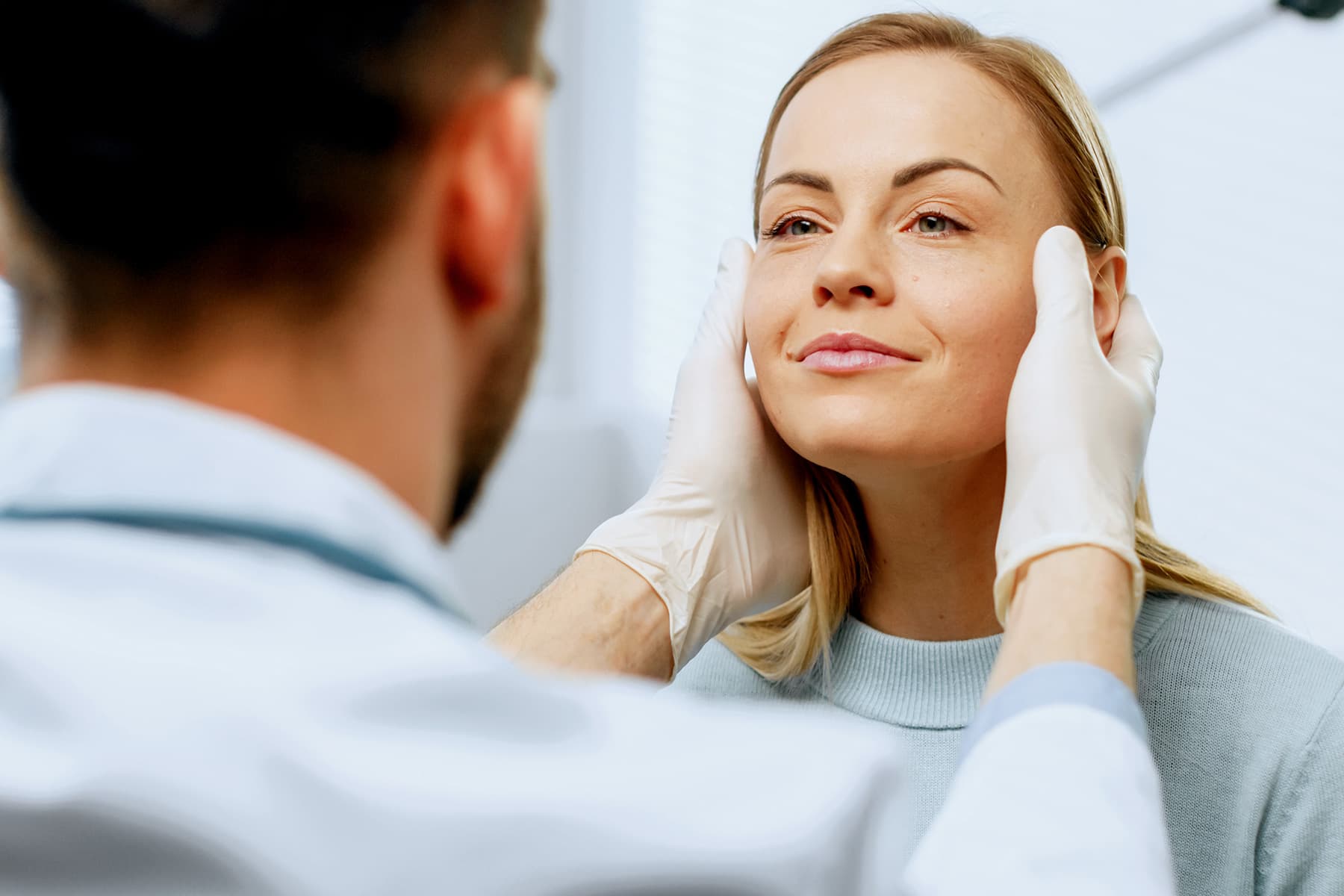
Dr. Grace Valina knows there’s no such thing as “minor” surgery.
Even minimally invasive procedures are a big deal. That’s why the Florida-based general and cosmetic surgeon provides personalized care before her patients even step into the operating room. Dr. Grace Valina places a premium on pre-operative care.
When individuals are physically and psychologically ready for a surgical procedure, recovery and results are greatly improved. Dr. Grace Valina has experienced this firsthand. In the past, she has performed general and trauma surgeries for underserved communities around the world. Today, she’s an in-demand cosmetic surgeon specializing in breast augmentation, subcutaneous mastectomy, and other aesthetic procedures. At every stop along the way, Dr. Grace Valina has prioritized her patient’s needs by providing elite pre-operative care.
And this starts with thoughtful planning. Pre-operative care is about being proactive. With this in mind, Dr. Grace Valina lists seven necessary steps that everyone should take when preparing for cosmetic surgery.
Preop
Effective pre-op prep serves the same goals. Assess a patient’s risk. Identify potential problems. Educate about the procedure. Equip the patient with tips to expedite recovery. All of these can be accomplished by following the preoperative guidelines. This ensures your needs are aligned with the entire healthcare team.
Ask questions
Mental preparedness is important. Another key benefit of this meeting is peace of mind. In addition to walking you through the procedure and treatment, your surgeon is available to answer any questions and address any lingering concerns.
Report any issues
Don’t assume all your info is in your chart. Notify your surgeon of any allergies, illnesses, or issues that might disrupt recovery. This is critical in the days leading up to your surgery. Dr. Grace Valina advises you to report changes in health status before surgery to avoid any surgery cancellations or intraoperative and postoperative complications.
Pick a date
Plan absences from work so that you can rest, and arrange for transportation to and from the doctor’s office. Consider finding a “sitter” for yourself, especially during the first 24 hours. You will likely experience some swelling, bruising, and soreness following the operation. Having a helpful hand around can make things much smoother.
Adopt healthy behaviors
Practicing a healthy lifestyle is always a good idea. While a balanced diet and regular exercise improve overall health, they also drastically reduce any surgical risks. Follow the doctor’s guidelines for eating and drinking. And stop smoking immediately. Smoking impairs the body’s ability to heal. Dr. Grace Valina requires patients to be nicotine-free for at least six weeks before surgery.
Adjust medications
Medications can cause serious complications. Provide your surgeon with a list of current medications so they can evaluate them properly. But they will likely ask you to discontinue the use of some drugs before and after your procedure.
Pack a bag
Have all the essentials ready beforehand. On the day of the surgery, loose-fitting clothing is a must. Anything that slips on and off easily is encouraged. Dr. Grace Valina also gives you a list of recommended items to bring with you for the surgery.